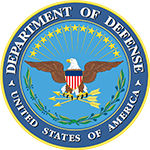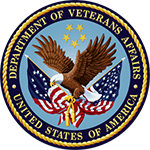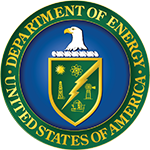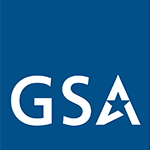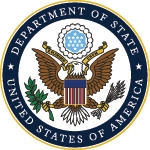None
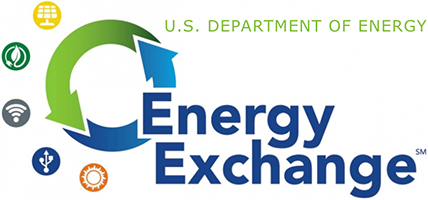
This Energy Exchange recorded session* offers tips on how to implement alternative water projects at federal facilities using Federal Energy Management Program tools and discusses water strategic planning requirements for federal agencies.
Instructors
Trey Lewis, Research Scientist, Pacific Northwest National Laboratory (PNNL) Read Bio
Trey Lewis specializes in analyzing resilience for energy and water projects. He supports the Army Reserve's Installation Management Directorate where he works to identify and address energy and water vulnerabilities at Army Reserve sites and develop strategies and polices to enhance water security. His alternative water work includes multiple rainwater harvesting pilot projects and the study of other technologies while implementing the Army Reserve's alternative water strategy.
Kate McMordie Stoughton, Water Efficiency Engineer, Pacific Northwest National Laboratory (PNNL) Read Bio
In this capacity, Kate develops and instructs various resource management workshops, develops strategic plans for water management at federal sites, and assists with federal policy guidance. Kate holds a B.S. in civil engineering from the University of Colorado.
Mr. Anibal Negron, Chief for the Department of Public Works Environmental Division, U.S. Army Garrison Fort Buchanan Read Bio
Mr. Anibal Negron also serves as the energy and water manager. He has implemented water projects ranging from efficiency measures through energy savings performance contracts to innovative alternative water pilot projects like Fort Buchanan's newly installed potable rainwater harvesting system. Anibal has lead the way in moving Fort Buchanan toward net zero water and improving its water resilience. His efforts were recognized through a GreenGov Presidential Award in 2014 and a Secretary of the Army Energy and Water Management Award in 2015.
Learning Objectives
Upon completion of this course, attendees will understand:
- The federal definition of alternate water;
- How to create or refine a water master plan; and
- How to gain access to federal contacts who have completed projects.
*The session featured in this on-demand course was recorded on August 22, 2018, at the 2018 Energy Exchange held in Cleveland, Ohio (Track 13, Session 4).


